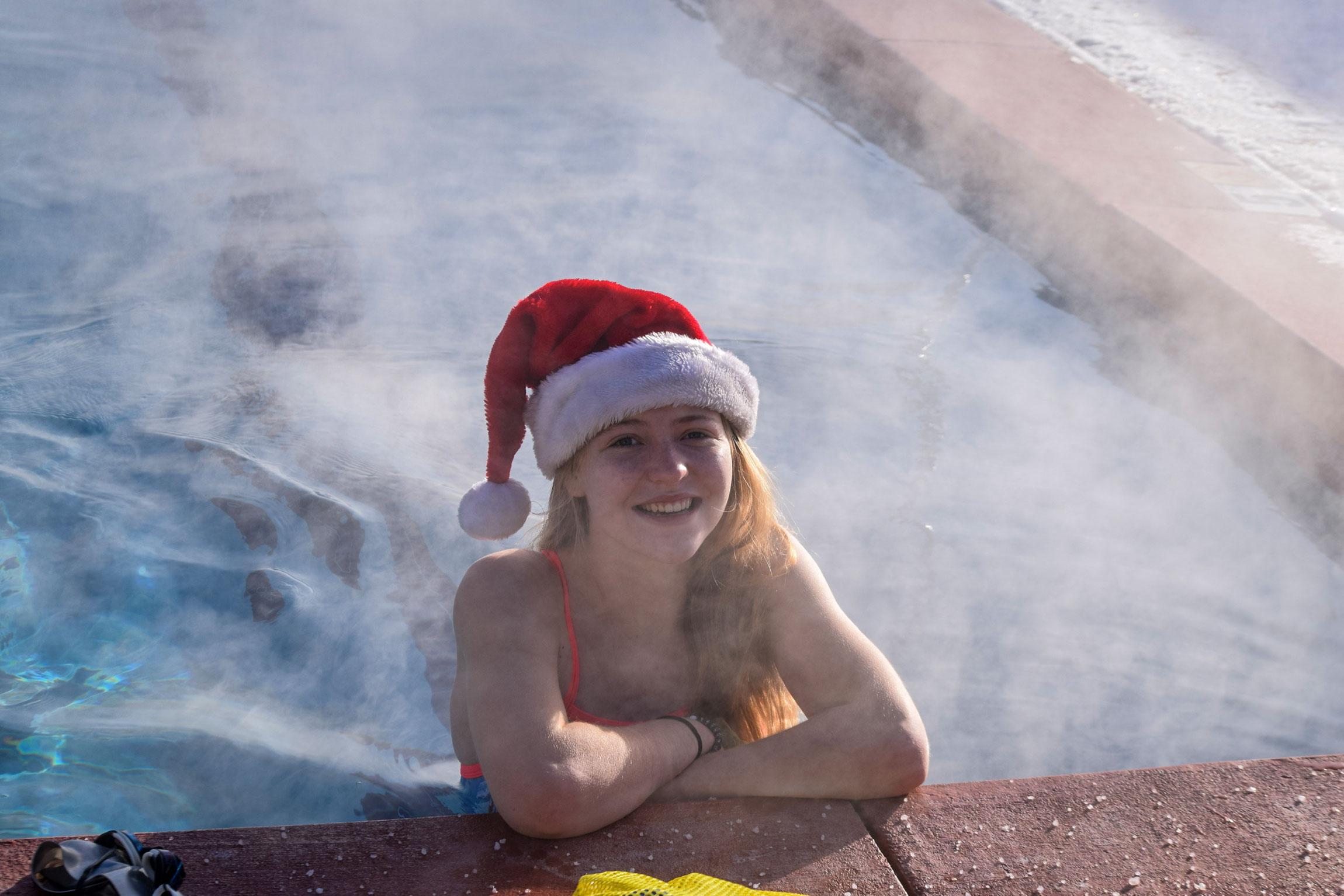
The coronavirus pandemic didn't stop the clock when it sent us home, especially not for teens. Young Coloradans are missing dances, internships and so much more.
Swimming is the closest thing 15-year-old Kate Jordan Little knows of to flying. So when the pandemic closed down pools, you could say it clipped her wings. Like many student-athletes, the sophomore at Denver’s Thomas Jefferson High School has been dealing with the disappointment of canceled competitions and practices, as well as uncertainty about the future.
“I definitely think that it's harder to stay in shape and harder to get in shape for swimming,” Little said.
Her meets and practices were canceled in the spring, and in the summer she only practiced one day a week. In January, she started practicing every weekday, but she said her practices have been shortened to accommodate multiple clubs’ teams swimming at the same pool.
Her shortened competition season begins this month, and she anticipates the swim meets’ format will also be a challenge.
“Everything's virtual,” Little said. “Basically it's just a time trial. So you swim in your lane by yourself, which is going to be hard to push yourself. You really have to race the clock for that one.”
For years, she’s dreamed of swimming competitively in college. Her junior year, the primary year for colleges to recruit athletes is approaching quickly and she’s “freaking out a little bit.”
On top of that stress, some of her friends who swim with different clubs have been able to practice more often than she has.
“If you have the money or the access, you're going to have more of a chance to be recruited because you're training more... A lot of kids don't have that opportunity because of COVID,” she explained, acknowledging that other student-athletes have had even less pool time during the pandemic than she has.
In addition to uncertainty about swimming, social isolation and deaths among her family and close friends have taken a toll on her mental health in recent months. She calls it “a year of loss.”
Through the tumultuous time, however, she’s built closer relationships with her parents and sister. She’s also focused on concrete coping skills, like advocating for herself with teachers, journaling and following positive accounts on social media.
“I think that I've gotten stronger as a person, and I think I know how to cope a lot better with the stress and anxiety of swimming...I took [swimming] for granted so much. And then as soon as it gets taken away, [I’m] like, ‘Wow, that's something I love. That's something I need in my life.’”
This profile is based on a panelist interview for “Call to Mind Presents: Life’s Not On Hold – Teens Navigate Missed Milestones.” On Jan. 28, 2021, Colorado Public Radio’s Avery Lill will lead a discussion with and for teens to share their experiences, along with licensed therapist and school social worker Feliz Fraser, and Rosalind Wiseman, teen mental health advocate and author of “Queen Bees and Wannabes.” The discussion will explore the losses teens have faced during the pandemic and solutions for navigating this turbulent time in their lives.









